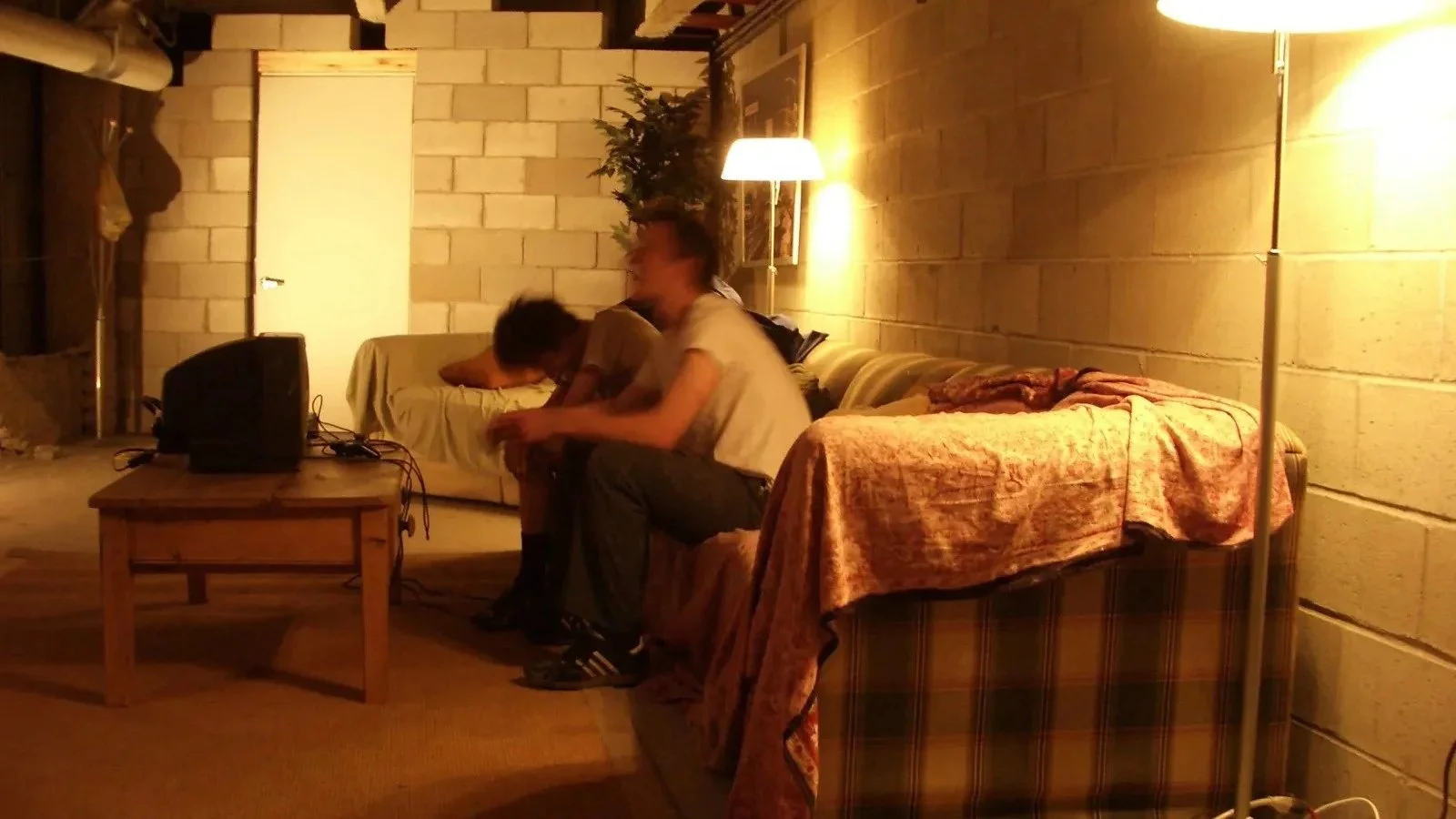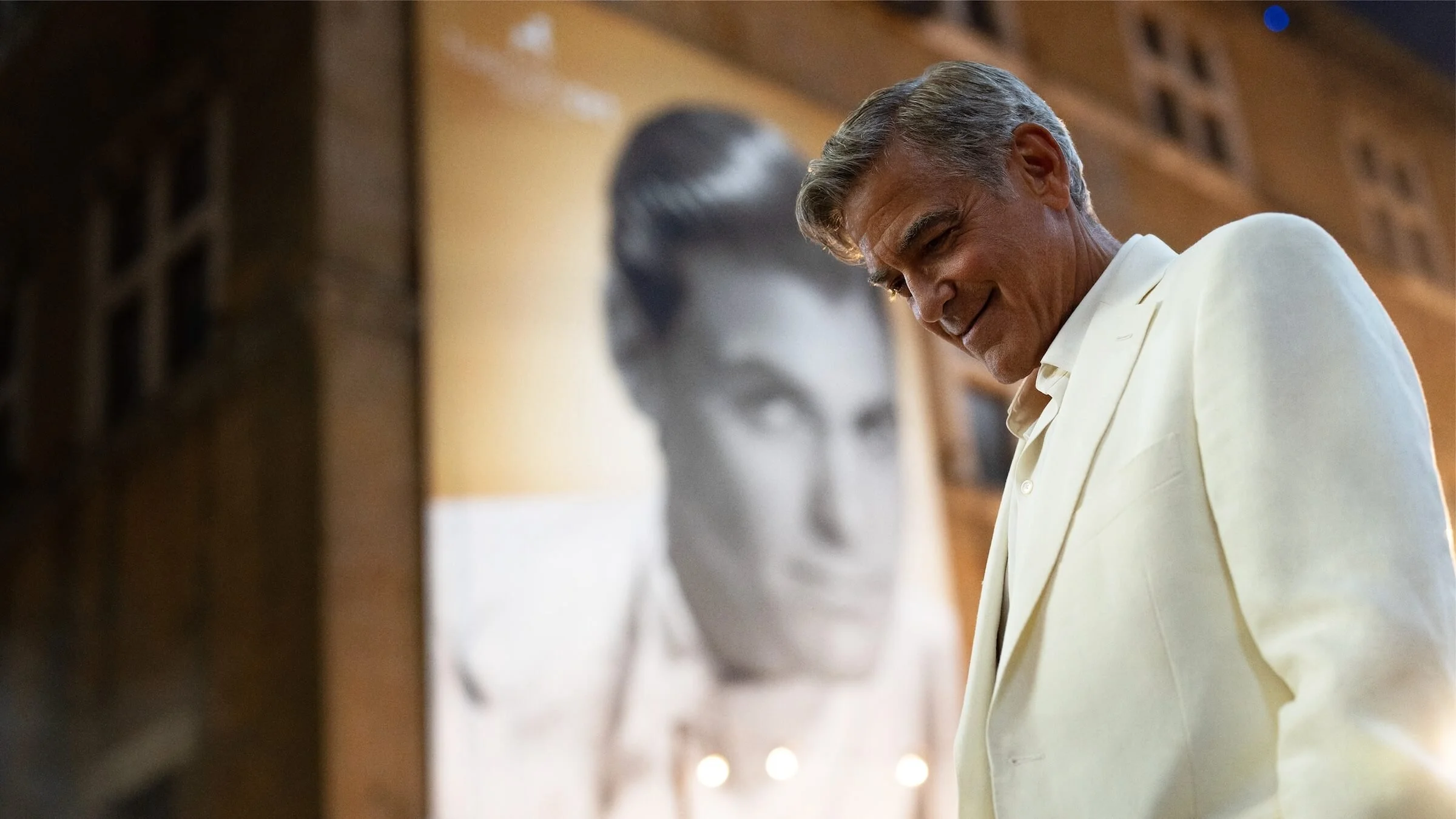Review: The Northman (2022)
There’s a scene late in Robert Eggers’ The Northman which clarifies the dramatic power that Eggers’ films have of reframing our view of the past and making it fresh. In a deeply Oedipal moment, the hero—Viking prince, Amleth (Alexander Sarsgård)—is confronted by his mother, Queen Gudrún (Nicole Kidman), with new knowledge about his own past, and the relationship between her and the father he was set to avenge, Aurvandill (Ethan Hawke). We learn that Gudrún was herself first captured as a slave before becoming Aurvandill’s wife and queen. In this moment the realities of the blurred line between slavery and marriage in a pre-Christian Europe challenges our simple moral understanding of the world; the moment offers us no simple fable for us to feel better about ourselves and our enlightened view of things, but rather reveals a complicated emotional knot. The film has aligned our sympathies with Amleth, the tortured prince and exile, but now it’s uncertain whose side we should be on. What is certain is that the world of The Northman is not our own, and yet it is a film that shows the enduring reality of some of the oldest human stories.
The Northman tells the story of Amleth, a young prince of a Norse king—a raider and warlord who has set up a fiefdom based on martial prowess and sea power—who goes into exile after his father is killed by his uncle, Fjölnir (Claes Bang), who then usurps his kingship and marries his mother. After being raised abroad by Viking raiders as a berserker, Amleth, with the help of a Slavic slave-woman, Olga (Anya Taylor-Joy), must seek out his uncle in Iceland and mete out revenge. It’s not really giving anything away to say as much; it’s a time-worn tale, recalling, most obviously, Hamlet, or the Ur-Hamlet tale that Shakespeare borrowed for his tale of the brooding Prince of Denmark, The Legend of Amleth by Saxo Grammaticus (which is credited in the film).
Cinematically, it’s also equal parts Gladiator and even Conan the Barbarian in its portrait of revenge in an ancient tribal world, in so far as it also roots its story in the pre-Christian religion of its protagonist. Amleth’s quest for Valhalla, or Valhǫll, is even more rooted in martial values of victory in battle and the slaughter of one's enemies than Maximus’s quest for Elysium. And it is brutal and violent, packing a punch even in a post-Game of Thrones world. Perhaps this is because, The Northman, in being rooted in a real historical place and time, makes us feel its reality in a way that the fantasy of Game of Thrones doesn’t. One standout sequence is the berserkers' assault on a village of Rus people down the Volga river. In preparation, they drink a hallucinogenic mead and take on their animal nature, as bear and wolf. Their assault on the village is brutal, sparing no one the sword. It is a terrifying sequence that taps into some of the fear that the Vikings must have caused the people’s of ninth-century Europe.
Much has been made of Eggers’ ability in his films to allow us to reframe the past, whether of a Puritan family in seventeenth century New England or a pair of nineteenth century lighthouse “wickies,” or here now the ninth century of the Icelandic Sagas. It’s often mentioned that Eggers makes the past something truly alien to us. I would argue that what he does is return some of the strangeness to history, showing us the contingency of the world we live in today; contingent in the sense that the world we live in today emerges from the various events of the past and the actions that are taken, rather than inevitably as some kind of teleology. We can imagine that the present might have been different. Most historical films simply replicate the present in the past so that we might enjoy the fantasy of imagining ourselves in that time, making the correct moral choices that our vantage point might afford us, and suggesting the inevitability of our society. Eggers’ refusal to do that has led some to chastise The Northman for failing to morally condemn its characters' brutality and violence. But isn’t that very gap between the norms of our world and Amleth’s the basis for any moral judgment? I would argue that Eggers' portrayal of the past as another world allows us to consider where our moral judgements—for instance, our revulsion at the slaughter of a village of women and children—rather than simply stack the deck against the past and take our own cultural and ideological assumptions as given.
Furthermore, for all the talk of The Northman or The Witch being alien to us, his films still tap into something recognizably human. Eggers grants the past a dignity. Rather than treat the past as a metaphor for our modern concerns, he treats their perceptions and mores as real; there’s no condescension to the characters in a Robert Eggers’ film. They are driven by beliefs and emotions that feel as real as any modern character’s, and the film still generates a sense of engagement beyond any historical recreation. This makes the final battle at the foot of the volcano known as the Gates of Hell, and the decisions that Amleth must make to get there, feel earned despite their archetypal nature.
In The Northman, much of the emotional resonance it generates is through the performances, which are quite good. Skarsgård has long wanted to make a Viking epic, and he also serves as a producer on the film. His stereotypical Nordic looks—long blond hair, thin face, fair skin—serve him well. Anya Taylor-Joy as Olga generates believable romantic and dramatic tension with Skarsgård. Nicole Kidman is excellent as Queen Gudrún. Though his role is limited, Ethan Hawke brings the same kind of wild energy to his Aurvandill as he did in his portrayal of John Brown in the TV miniseries The Good Lord Bird. He’s embracing his late life rugged looks and choosing interesting work. The scene where Aurvandill and young Amleth (Oscar Novak) participate in a psychedelic ritual with the jester/shaman Heimir (Willem Dafoe) is one of the film’s highlights. After imbibing psychedelically-spiked mead, Amleth and Aurvandill bark like dogs in the underground shrine as Heimir shows he is more than a comic figure. It’s both exhilarating and disturbing, one of the early sequences of the film that shows Eggers’ alienating and distancing approach to the material. Engagement with shamanism is even more dramatic in the sequence when Amleth is set on his path back home by an ornately costumed seeress played by the Icelandic music star, Björk.
At the same time, The Northman is definitely Eggers’ most mainstream film, both because of its big budget but also the fact that the ancient revenge saga has remained as a trope across popular culture, making it more accessible to many viewers than the atavistic Christian beliefs of the Puritans in The Witch. As well, the large budget affords The Northman more special effects shots, from wide angle views of Viking ships at sea (which prompted me to ponder the insanity of crossing the North Atlantic in such relatively small vessels) to aerial shots of marauding berserkers. There is a long-take action sequence during the berserker assault on the village that is pretty engaging and stunning, but does go beyond the more restrained visual style of his earlier films.
It’s hard to really say that there’s a signature Robert Eggers’ look to his films. He seems to choose his visual style to suit the story he’s telling, rather than rely on a specific mise-en-scène or cinematographic approach across his films. In other words, unlike a Wes Anderson or Denis Villeneuve, one might not immediately identify a film as Eggers’ based on its visual style. But each of his films is crafted with a care and detail that is so lacking in many of our popular entertainments today. Perhaps what stands out is Eggers’ dedication to production design and an immersive cinematic experience. That’s not nothing today, and might be the thing that marks him as a kind of auteur in today’s studio environment.
The Northman is one of the most compelling historical epics in some time. More could be written about what its engagement with Norse culture suggests both in continuity and disparity with the world that would follow it. The Viking berserkers at one point express disgust at the Christian beliefs of their victims, claiming they worship a corpse and eat its flesh; but we also know that despite the weakness of the Rus people and continental Europeans who suffered at the hands of the Vikings that they ultimately will assimilate the Nordic people into their Christendom, once again refusing the simple binary between victims and conquerors, past and present.
The past is alien to us, yes, but it is also where we come from. Granting us a glimpse of this is not to simply revel in the gory past, nor to reinforce our own present superiority, but to consider the human journey and what it might mean. The Northman gives us moments of reflection among the epic violence, and for that it’s well worth the experience.
8 out of 10
The Northman (USA, 2022)
Directed by Robert Eggers; written by Sjón & Robert Eggers; starring Alexander Skarsgård, Nicole Kidman, Anya Taylor-Joy, Ethan Hawke, Willem Dafoe, Claes Bang, and Björk.



Joe Carnahan’s cop thriller starring Matt Damon and Ben Affleck is an enjoyable whodunnit.